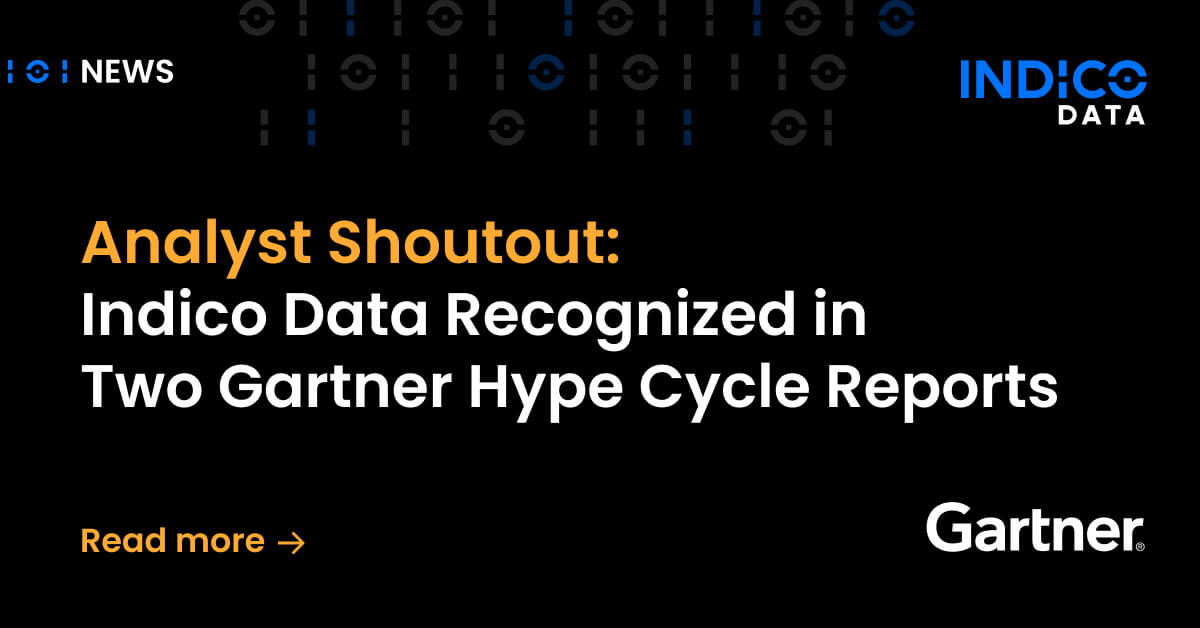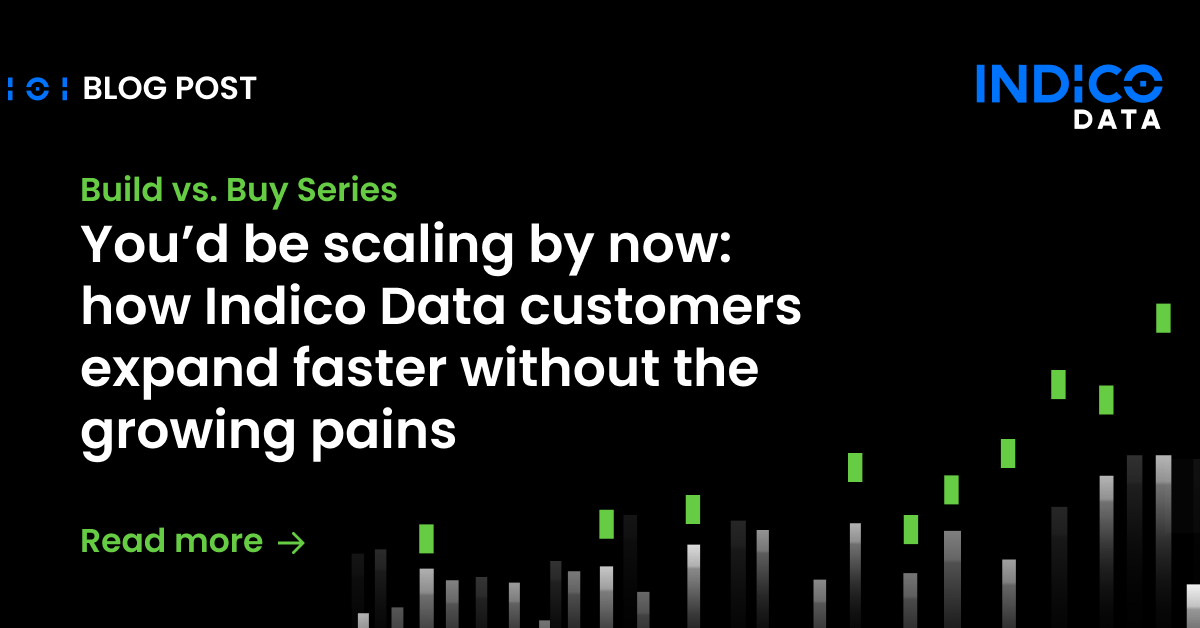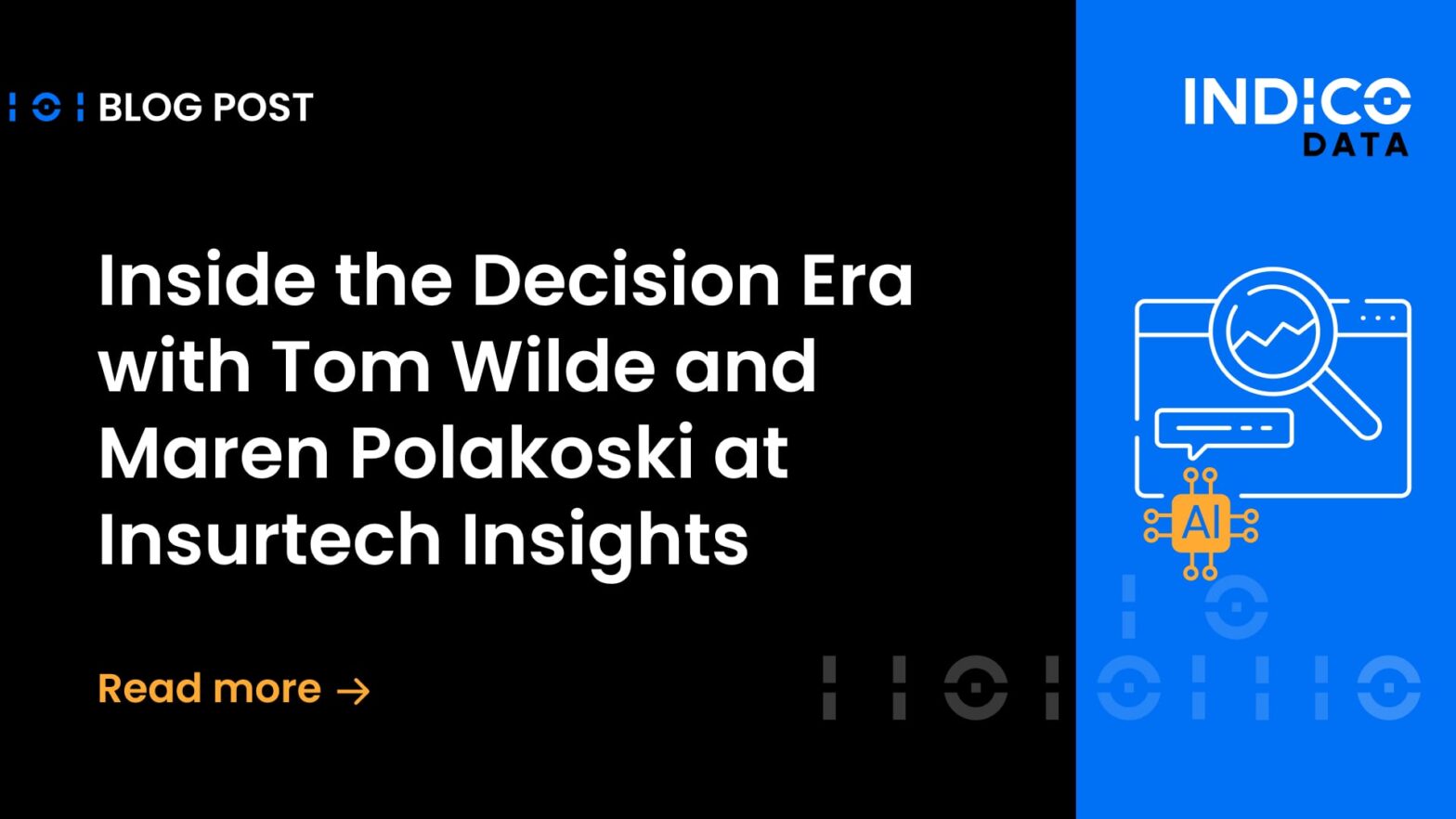Making the best decisions in insurance underwriting and claims comes down to having good data, and lots of it. That becomes abundantly clear when you talk to a chief data officer for a large insurance company and learn about opportunities to collect data, where data is lost, and how to deal with biases in the artificial intelligence engines used to put that data to good use.
In the latest episode of the Unstructured Unlocked podcast, my co-host Michelle Gouveia and I talked about these issues and more with Louis DiModugno, a data consultant who was the first Chief Data Officer at both AXA US and Hartford Steam Boiler (HSB), a global specialty insurer and reinsurer.
Listen to the full podcast here: Unstructured Unlocked episode 19 with Louis DiModugno
Finding insurance data collection opportunities
We’ve often talked on the podcast about opportunities for automating insurance claims and underwriting processes. But DiModugno had a different perspective, seeing them as prime opportunities to collect valuable data.
“When the policies are written, when that information is being gathered by the agents and the brokers, there’s just so much opportunity to ask questions that could really help to give insight into risk and an understanding of what’s being insured,” he said.
Similarly, dealing with a claim is a chance to collect data about what happened to prompt the claim.
“As we learn more about these products and where the claims are coming from and what they’re being attributed to, it makes the insurance company ask more questions from a standpoint of, ‘Am I collecting the right information for this specific product? And am I pricing it appropriately?’” DiModugno said.
Implied in our conversation was that actually collecting all this information is a challenge simply because it takes time, and time is often limited. Solutions like intelligent intake that help automated claims processing and underwriting data collection, then, become all the more important.
Related content: 5 ways artificial intelligence helps automate insurance claims processing
Losing data along the insurance journey
Gouveia noted pricing can be especially tricky for new insurance products, such as cyber insurance, where it’s difficult to predict the number and value of claims. “You have to build a system that can be flexible and nimble enough to change as those data points and insights come through,” she said.
Compounding the problem, however, is the fact that data tends to fall by the wayside at each step in the insurance journey, DiModugno said. To start, you have the policy holder, who has all the necessary information about their business. An agent or broker collects some percentage of that information and passes it to the insurance carrier. Here again, only some of that data makes it into their policy administration system. And if you move the policy to a reinsurer, even less data makes it to that step.
“So now the question is, are you ensuring that you’re capturing the pertinent data that you need for your tasks in each process step?” he asked. “Or are you losing data along the way that maybe could have been beneficial to you in some of the decisions being made by underwriters and folks in the new product development space?”
Oftentimes, carriers aren’t aware of the best questions to ask in order to ensure they have adequate information, he said.
Given that, it would behoove insurance firms to collect as much data as possible, in case any of it is valuable in answering questions that crop up down the road. Again, intelligent intake can help ease that chore.
Related content: How ChatGPT and other GPT-3 AI technologies may apply to the insurance industry
Dealing with AI bias in insurance
As they delve into AI technologies, insurance companies are rightfully mindful of bias. Being in a highly regulated industry, carriers must be able to justify the decisions they make, and a biased AI engine won’t help in that regard.
DiModugno has researched bias thoroughly and determined there’s more than 30 different ways of mathematically defining fairness and “there’s well over 100 biases out there that are identifiable.”
That puts a premium on the concept of a prompt engineer, someone who can fashion questions without introducing bias. By the same token, insurance firms also need interpreting scientists who can look at outcomes and determine whether they are truthful, and likewise without bias. “Am I really getting a truthful, fair outcome?” as he put it.
Asking the right questions is a common theme with respect to AI. Gouveia brought it up in an earlier podcast focused on ChatGPT, where she said, “The real art is in drafting the prompt,” and noted she’s seeing job postings for prompt engineers.
Related content: How intelligent intake helps automate complex commercial insurance underwriting processes
Low code/no code insurance technology
Marrying the ability to ask the right questions with some of the low code/no code technology coming to the fore holds promise for insurance companies. The idea is an underwriter or claims professional can use a low- or no-code AI platform to test out some hypotheses, perhaps turning things over to the data science team when things start to look promising.
“I really see an opportunity there,” DiModugno said.
That’s not a whole lot different from the Indico approach, which is making intelligent intake tools simple enough such that the business people on the front lines can use them to build process automation models that mimic what their teams do every day.
Those were just a few of the topics we talked about. If you’re interested in how to best make use of data in insurance, I encourage you to check out the full podcast (Episode 19) on YouTube or on your favorite podcast platform, including:
Find the transcript of our conversation here.


